
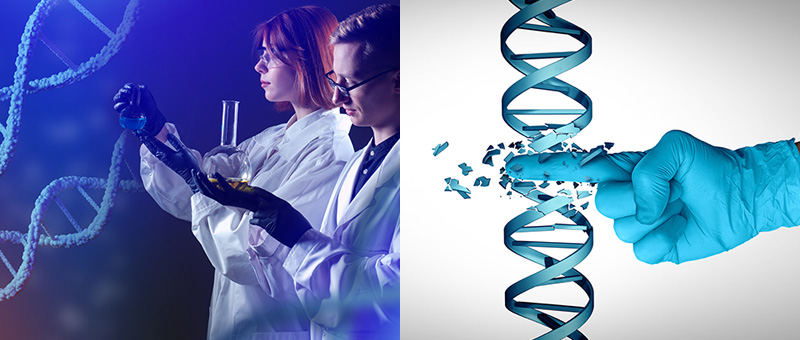
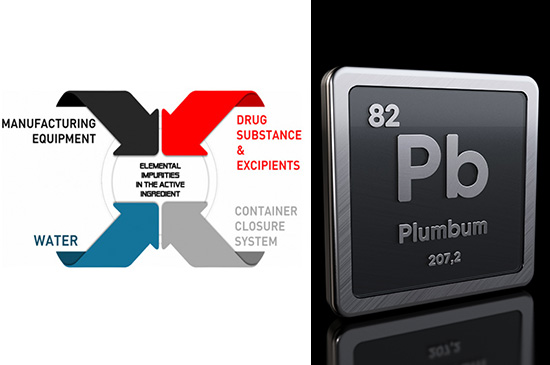
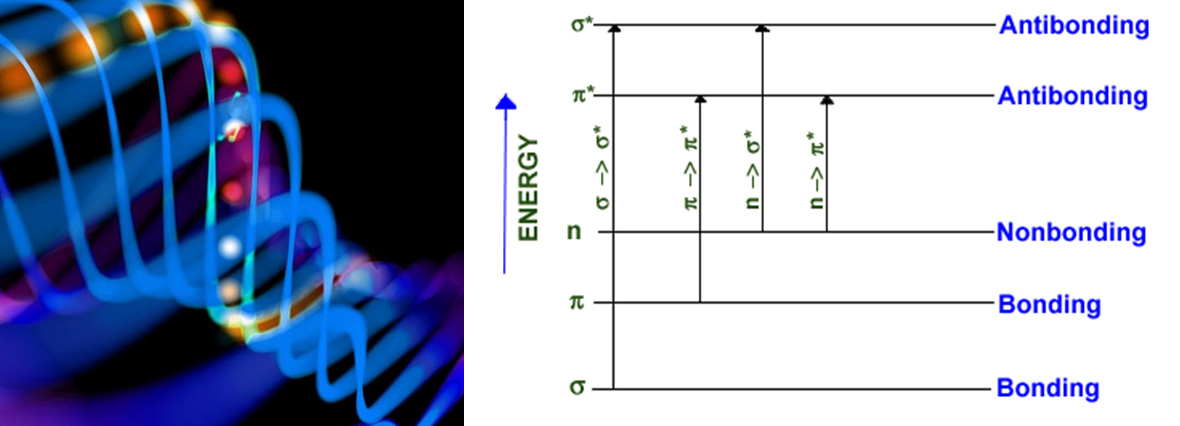

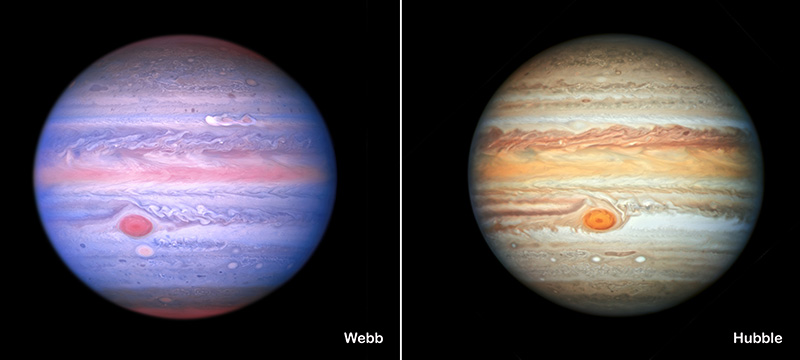
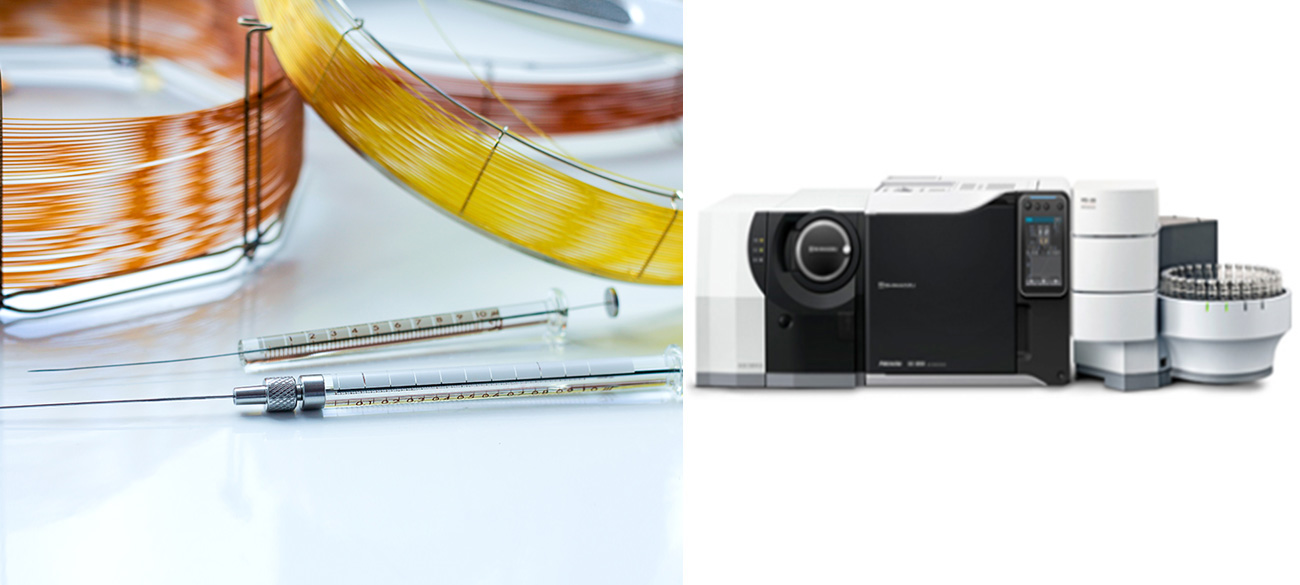
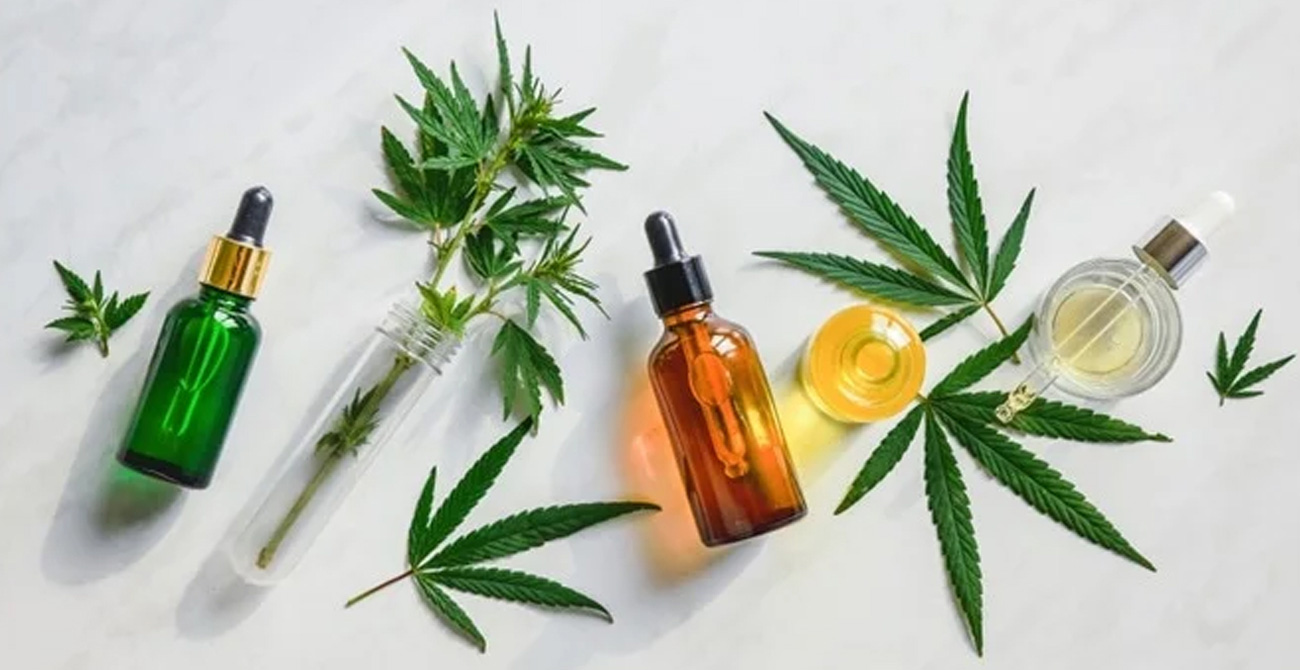
Potentiometric titration is a volumetric method in which the potential between two electrodes is measured (referent and indicator electrode) as a function of the added reagent volume. This methodology is utilized by Accuon Labs to perform cost effective analysis of a wide array of products. Our team of experts performs to assay and content of organic and inorganic compounds.
Karl Fischer titration is a widely used analytical method for quantifying water content in a variety of products. The fundamental principle behind it is based on the Bunsen Reaction between iodine and sulfur dioxide in an aqueous medium.
TOC analyzer will measure total organic molecules present in pharmaceutical waters measured as carbon as per USP<643>. Using this TOC analyzerwe are quantifying organic residue present in cleaning validation samples.
Packaging systems qualifications will be performed as per client requirements; using USP <671> Moisture vapor transmission for plastic packaging systems, USP <661.2> physicochemical test methods, USP<661> Plastic Packaging Systems and Their Materials of Construction, USP <670> Auxiliary packaging components methods.

© 2023 Accuon Labs Inc. All rights reserved.